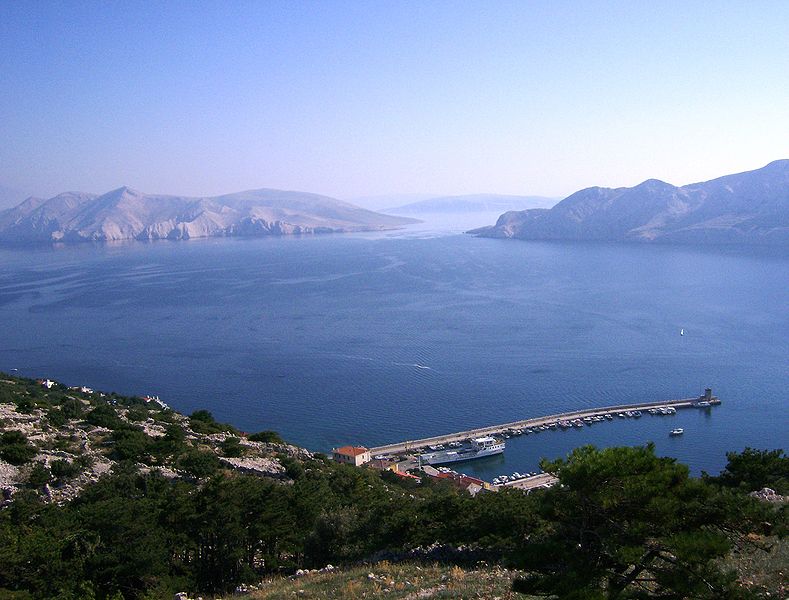
Croatia’s gas supply remains stable and unaffected, the Ministry of Economy confirmed on Thursday, following the suspension of Russian gas transit through Ukraine a day earlier.
The country’s energy needs are fulfilled through three key sources: the LNG terminal, domestic production, and the underground storage facility at PSP Okoli, which currently holds 60% of its capacity.
“Since the LNG terminal on Krk Island began operations, Croatia has maintained energy independence from Russian gas. Supply is secured from three main sources: the LNG terminal, domestic production, and the PSP Okoli storage facility, ensuring national energy stability while providing crucial support to neighboring countries,” the Ministry stated.
The Ministry further emphasized the pivotal role of the Krk LNG terminal in bolstering energy security throughout Southeast Europe. Additionally, alternative supply routes have been established to support EU member states most dependent on Ukrainian transit routes, supplemented by robust storage capacity.
Steady decline in domestic gas consumption
Croatia’s annual gas consumption has shown a steady decrease in recent years, dropping from 3.04 billion cubic meters in 2020 to 2.9 billion in 2021, 2.53 billion in 2022, and 2.59 billion cubic meters in 2023.
With an annual capacity of 2.9 billion cubic meters, the LNG terminal alone can meet Croatia’s total gas demand while ensuring surplus supply for additional security, the Ministry highlighted.
Since the terminal’s commissioning, 108 LNG ships have delivered gas into Croatia’s network. Most of this gas has come from the United States, supplemented by supplies from Trinidad and Tobago, Algeria, and Egypt. A total of 15.062 billion cubic meters of gas has been imported, part of which has been exported to neighboring markets.
Strategic investments in energy infrastructure
The government has prioritized strategic investments in energy infrastructure. On Thursday, it designated the “Infrastructure Accompanying the Strategic Investment Project LNG Terminal” as a project of strategic importance. This €534 million initiative (excluding VAT) includes critical pipeline routes such as the Omišalj-Zlobin route and interconnections with Slovenia.
By expanding the LNG terminal’s capacity to 6.1 billion cubic meters and constructing new gas pipelines, Croatia aims to establish itself as a regional energy hub and enhance its energy independence, reliability, and supply security, the Ministry concluded. Photo by Felix König, Wikimedia commons.



































